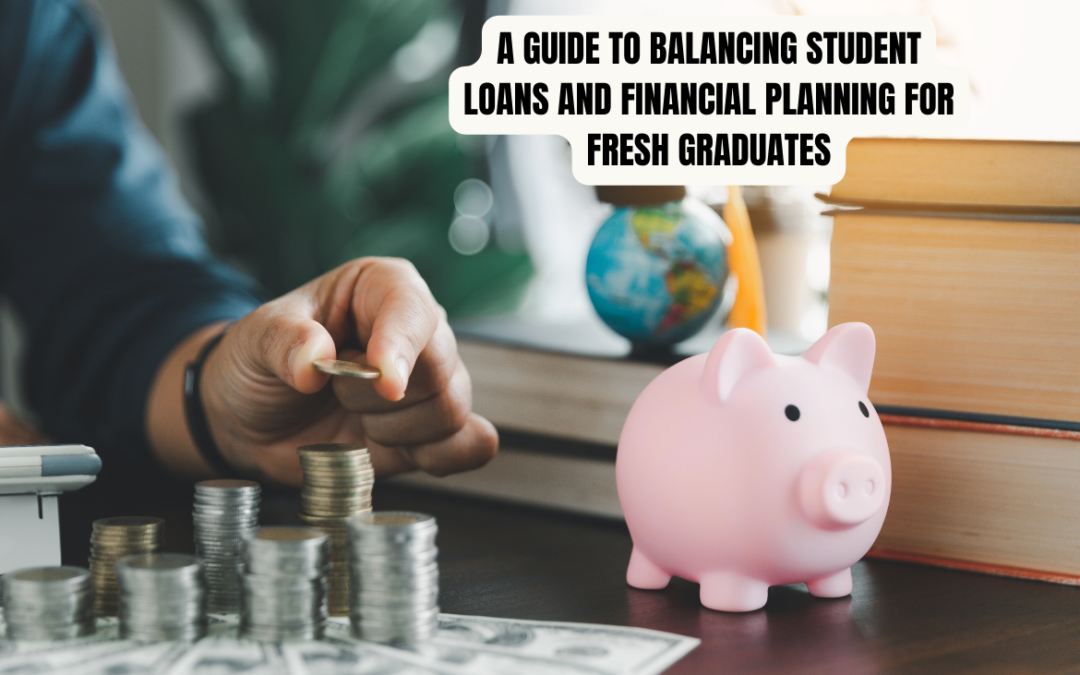The beginning of post-graduation existence is filled with adventure and difficulties for many youths. When entering the business world, it is important that you strike a proper balance between repaying your student loan and establishing an effective financial future. In this article, we’re going to discuss pragmatic tips and suggestions that will guide fresh graduates through the delicate financial waters.
Understand Your Student Loans:
A good starting point for dominating your finances is learning about student loans. Understand the different types of loans that you have, their interest rates and repayment schedules. Prepare a detailed table of all loans, showing the principal amount and monthly payments covered. This clarity will be the basis of your financial planning.
Create a Budget:
Budget setting is vital to any person joining the labour market. Determine your monthly salary and allocate certain sums for impending essential expenses – rent, bills, foodstuff purchases, and transport. Treat student loan payments as a fixed cost. A properly organised budget will enable you to manage expenditures and ensure that adequate funds are diverted towards debt repayment.
Emergency Fund:
First, begin accumulating an emergency fund. You will be covered by a financial cushion against unforeseen costs such as health or car repairs. Let’s try to get about six months of living expenses in a high-yield savings account. An emergency fund provides comfort and prevents people from using credit cards or extra loans during crisis periods.
Prioritise High-Interest Debt:
If there are various loans, paying off those with higher interest rates should be given top priority. This method will save you money in the future and help you get to financial independence sooner. Keep paying the minimum amount on all loans, but use any available additional funds for high-interest ones.
Explore Repayment Options:
Research different repayment modes that are suitable for you financially. Many student loans issued by the federal government come with income-contingent repayment plans that adjust your monthly payments based on what you earn. Private lenders might also offer non-standard repayment options. Determine which option would allow you to manage the situation in your circumstances best.
Take Advantage of Employer Benefits:
Some employers provide student debt assistance or contribute to retirement savings accounts. Leverage these benefits to relieve the loan payback pressure. Moreover, save for your employer-sponsored retirement plan utilising any matching contributions since it is one of the most important milestones to long-term financial stability.
Invest for the Future:
Although repaying student loans becomes a primary goal of students, it is important not to lose sight of their long-term financial growth. Invest in retirement accounts early to take advantage of compound interest.
Conclusion:
Finding the right balance between loans and financial planning early on in your work life can be quite challenging. Through comprehending your loans, having a budget, building an emergency fund, and paying out the interest rates at first before going to other relevant repayment options from employers that you can take advantage of in curbing inflation while focusing on investing for satisfying life post-graduation, The decisions that you make today will determine how financially healthy or unhealthy you are tomorrow.

